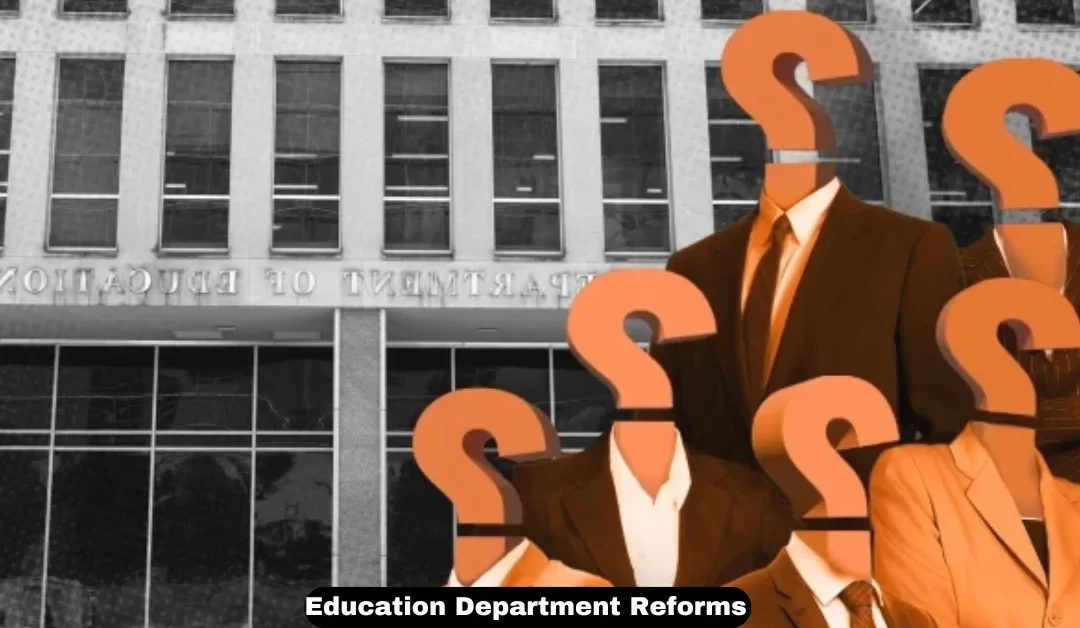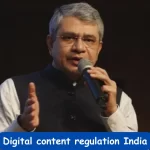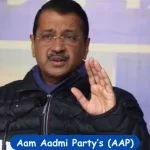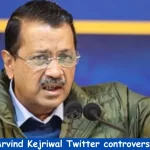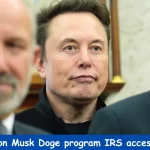With President-elect Donald Trump preparing for his new term, there’s much speculation about who he will appoint as the next Secretary of Education. This announcement is particularly interesting given Trump’s promise to possibly eliminate the Department of Education. Here’s a breakdown of the situation and potential candidates.
Trump’s Past Choices and Current Speculation
- Past Appointments: During Trump’s first term, he appointed Betsy DeVos, a billionaire and strong supporter of school choice and voucher programs. Her nomination was controversial and confirmed only after then-Vice President Mike Pence cast a deciding vote.
- Potential Focus Areas: Policy experts predict Trump might choose someone with significant expertise in higher education due to recent issues affecting universities, including student debt and campus protests. Unlike before, there may be a shift to focus more on higher education than K-12 schools.
Candidates on the Radar
- Ryan Walters (Oklahoma) & Cade Brumley (Louisiana): Both are state superintendents with hands-on experience in education policy.
- Tiffany Justice: Co-founder of Moms for Liberty, known for advocating parental rights in education.
- Christopher Rufo: Senior fellow at the Manhattan Institute and known for his cultural stances.
- Other Considered Names: Figures like DeVos, who resigned after January 6 events, and Mitch Daniels, former governor of Indiana and president emeritus of Purdue University, have been mentioned. Virginia and Florida governors Glenn Youngkin and Ron DeSantis might also be contenders due to their conservative approaches.
Priorities and Challenges for the Next Secretary
- Focus on Higher Education: With public trust in universities waning and increased attention on issues like student loans, the new secretary may need to address these head-on. Michael Brickman of the American Enterprise Institute suggests a focus on “holistic accountability,” ensuring that education prepares students for real-world success.
- Shifting Policies: Jason Altmire, president of CECU, emphasizes that any new leader should consider repealing current regulations, such as those focusing exclusively on for-profit institutions, and develop fair measures for all education sectors.
Culture Wars and Political Stance
- Cultural Issues: The selection process may involve more than just education policy. Trump’s administration may prioritize candidates who align with conservative stances on “woke” topics, including debates about transgender students in sports and diversity programs.
- Conservative Support: Neal McCluskey of the Cato Institute points out that candidates like Walters could gain favor due to their strong stances against topics like DEI (Diversity, Equity, Inclusion) programs. Walters, for example, criticized DEI, saying it represents “discrimination, exclusion, and indoctrination.”
The Complex Future of the Education Department
- A Potential Shift in Focus: Jon Fansmith from the American Council on Education believes K-12 policies will likely remain a significant focus, even if the department shifts some attention to higher education. The federal role in K-12 schools is traditionally seen as more direct and impactful.
- Possible Departmental Changes: Whoever takes on the role may have to navigate Trump’s stated desire to potentially dismantle the department. This means the next Secretary of Education could be tasked with reforms that might even include “dismantling” the very institution they lead.
Public Perception and Challenges Ahead
The education landscape is facing several challenges, from the complex student loan situation to the increasing number of campus controversies. The public’s perception of higher education has also changed, leading experts to call for a leader who can balance reform with maintaining quality and fairness

